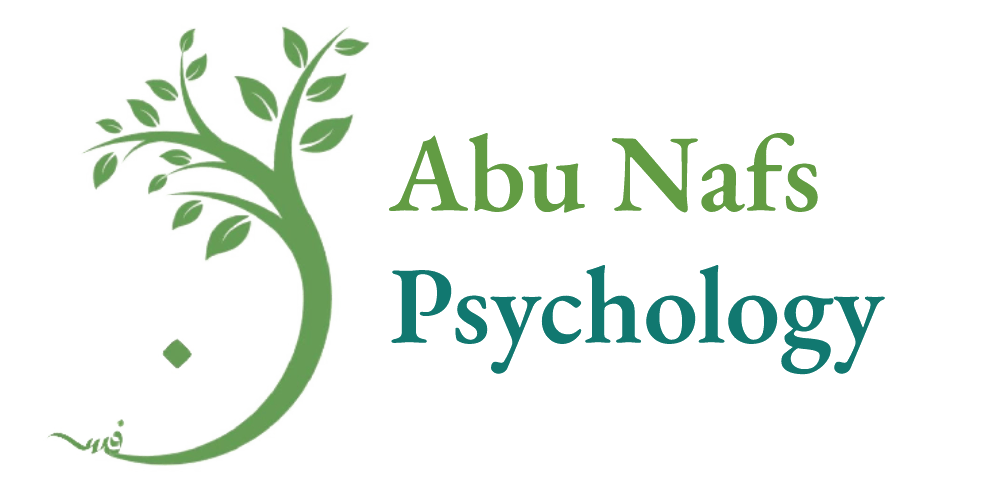Adults with ADHD possess a unique set of strengths and challenges, and finding the right treatment approach requires a nuanced understanding of their emotional landscape. Let’s explore the ADHD medication options available for adults with ADHD, considering their benefits, potential side effects, and key considerations for choosing the most suitable treatment.
Understanding ADHD in Adults
Attention-Deficit/Hyperactivity Disorder (ADHD) is not a condition limited to childhood. Many adults continue to grapple with its effects, which can manifest in various ways, from restlessness and impulsivity to difficulties with focus and organization. Recognizing these challenges is the first step towards providing the support and care that individuals with ADHD deserve.
The Role of Emotional Intelligence
At the heart of any effective treatment for ADHD lies the cultivation of emotional intelligence. This encompasses self-awareness, self-regulation, empathy, and effective communication. By embracing these facets, we can tailor medication strategies to enhance an individual’s quality of life, relationships, and overall well-being.
Medication Options for Adults with ADHD
1. Stimulant Medications:
- Benefit: Stimulants like methylphenidate and amphetamine-based medications are often the first-line treatment for ADHD. They work by increasing the levels of certain neurotransmitters in the brain, which enhance focus and concentration.
- Potential Side Effects: While generally well-tolerated, stimulants may cause increased heart rate, elevated blood pressure, and, in some cases, insomnia or decreased appetite.
- Considerations: It’s crucial to monitor for any cardiovascular issues and to adjust dosage or consider alternative medications if side effects become problematic.
2. Non-Stimulant Medications:
- Benefit: Non-stimulant medications like atomoxetine and guanfacine work by targeting different neurotransmitters in the brain. They may be preferred for individuals who do not respond well to stimulants or have comorbid conditions that contraindicate stimulant use.
- Potential Side Effects: Non-stimulants may lead to fatigue, dizziness, or changes in blood pressure. It’s essential to monitor for any signs of liver dysfunction, a rare but serious side effect of atomoxetine.
- Considerations: Non-stimulant medications may take longer to show their full effects, and dosage adjustments may be necessary over time.
3. Lifestyle and Behavioral Interventions:
- Benefit: Complementary approaches, including counseling, mindfulness practices, and organizational strategies, can significantly enhance the effectiveness of medication and promote emotional well-being.
- Potential Side Effects: These interventions are generally low-risk, with the potential for substantial benefits in improving emotional intelligence and overall functioning.
- Considerations: Combining medication with lifestyle and behavioral interventions can create a synergistic effect, leading to more comprehensive and sustainable outcomes.
Tailoring Treatment: A Holistic Approach
The most effective treatment for ADHD in adults is one that recognizes the individual’s unique emotional landscape. Regular communication between the individual, their healthcare provider, and any involved support systems is paramount. It allows for adjustments in medication, dosage, or the introduction of complementary interventions based on the individual’s evolving needs and preferences.
In Conclusion
Approaching ADHD medication for adults with high emotional intelligence means acknowledging the complexity of their experiences. By valuing their unique strengths and challenges, we can work together to craft a treatment plan that not only addresses the core symptoms of ADHD but also nurtures their emotional well-being. Through a compassionate and individualized approach, we empower individuals to thrive in all aspects of their lives.

